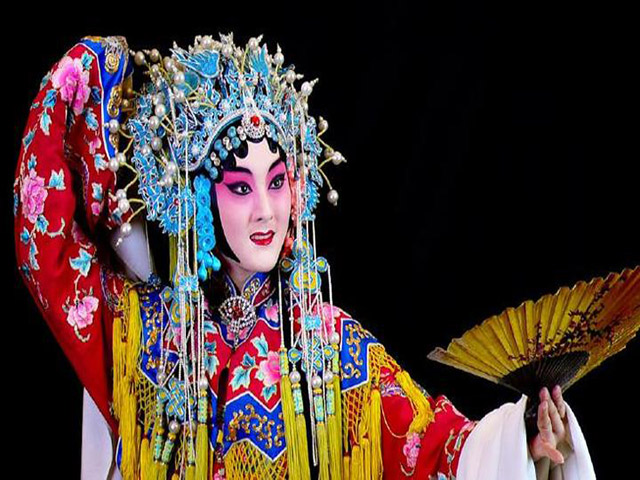China’s Top 10 Traditional Festivals
China is a country with a rich cultural history, and its traditional festivals are an important part of that culture. These festivals serve as a way for people to come together and celebrate their traditions and heritage, and they often involve special foods, decorations, and activities. In this post, we will explore the top 10 traditional festivals in China.
Chinese New Year (Spring Festival)
Chinese New Year, also known as the Spring Festival, is the most important holiday in China. It is a time for families to come together, clean their homes, and decorate with red paper cuttings and lanterns to welcome the new year. The holiday is also marked by the exchange of gifts, the eating of traditional foods, and the performance of lion and dragon dances.
Qingming Festival (Tomb Sweeping Day)
The Qingming Festival, also known as Tomb Sweeping Day, is a time for people to pay their respects to their ancestors. On this day, people visit the graves of their loved ones, clean the gravesites, and make offerings of food and other items. The festival is also a time for people to enjoy the spring weather and participate in activities such as kite flying.
Dragon Boat Festival
The Dragon Boat Festival is a holiday that celebrates the life and death of the poet and minister Qu Yuan. It is said that Qu Yuan drowned himself in the Miluo River to protest the corruption of the government. On the day of the festival, people hold dragon boat races and eat rice dumplings called “zongzi” in honor of Qu Yuan.
Mid-Autumn Festival
The Mid-Autumn Festival is a time for people to come together and celebrate the harvest. It is a popular time for families to have a reunion dinner and watch the full moon, which is believed to be the brightest and roundest of the year. Mooncakes, which are round pastries filled with sweet fillings, are also a traditional food of the Mid-Autumn Festival.
Double Seventh Festival (Qixi Festival)
The Double Seventh Festival, also known as the Qixi Festival, is a holiday that celebrates the legend of the cowherder and the weaver girl. According to the legend, the cowherder and the weaver girl were separated by the Milky Way and were only allowed to meet once a year on the seventh day of the seventh lunar month. On this day, people participate in activities such as telling the story of the cowherder and the weaver girl, making and eating double Seventh Festival cakes, and gazing at the stars.
Duanwu Festival (Dragon Boat Festival)
The Duanwu Festival, also known as the Dragon Boat Festival, is a holiday that is similar to the Dragon Boat Festival. It is a time for people to hold dragon boat races and eat rice dumplings in honor of Qu Yuan, the poet and minister who drowned himself in the Miluo River.
Chinese Valentine’s Day (Qixi Festival)
Chinese Valentine’s Day, also known as the Qixi Festival, is a holiday that is similar to the Double Seventh Festival. It is a time for couples to express their love for each other and is celebrated with activities such as gift-giving and romantic dinners.
Ghost Festival (Zhongyuan Festival)
The Ghost Festival, also known as the Zhongyuan Festival, is a holiday that is dedicated to the spirits of the dead. On this day, people make offerings of food and other items to their ancestors and perform rituals to honor the spirits.
Winter Solstice (Dongzhi Festival)
The Winter Solstice, also known as the Dongzhi Festival, is a holiday that marks the shortest day of the year. It is a time for people to come together and celebrate the start of the winter season. On this day, people eat special foods such as dumplings and tangyuan (sweet glutinous rice balls) to mark the occasion.
Lantern Festival
The Lantern Festival is a holiday that marks the end of the Chinese New Year celebrations. It is a time for people to come together and enjoy the beauty of lanterns, which are traditionally made of paper and are shaped like animals or other objects. The festival is also marked by the eating of sweet rice balls called yuanxiao.
Conclusion
China’s traditional festivals are an important part of the country’s cultural heritage and are a time for people to come together and celebrate their traditions. The top 10 festivals mentioned in this post are just a few of the many that are celebrated in China, each with its own unique customs and traditions. Whether it’s the Chinese New Year, the Qingming Festival, or the Lantern Festival, these celebrations are a way for people to connect with their culture and with one another.
